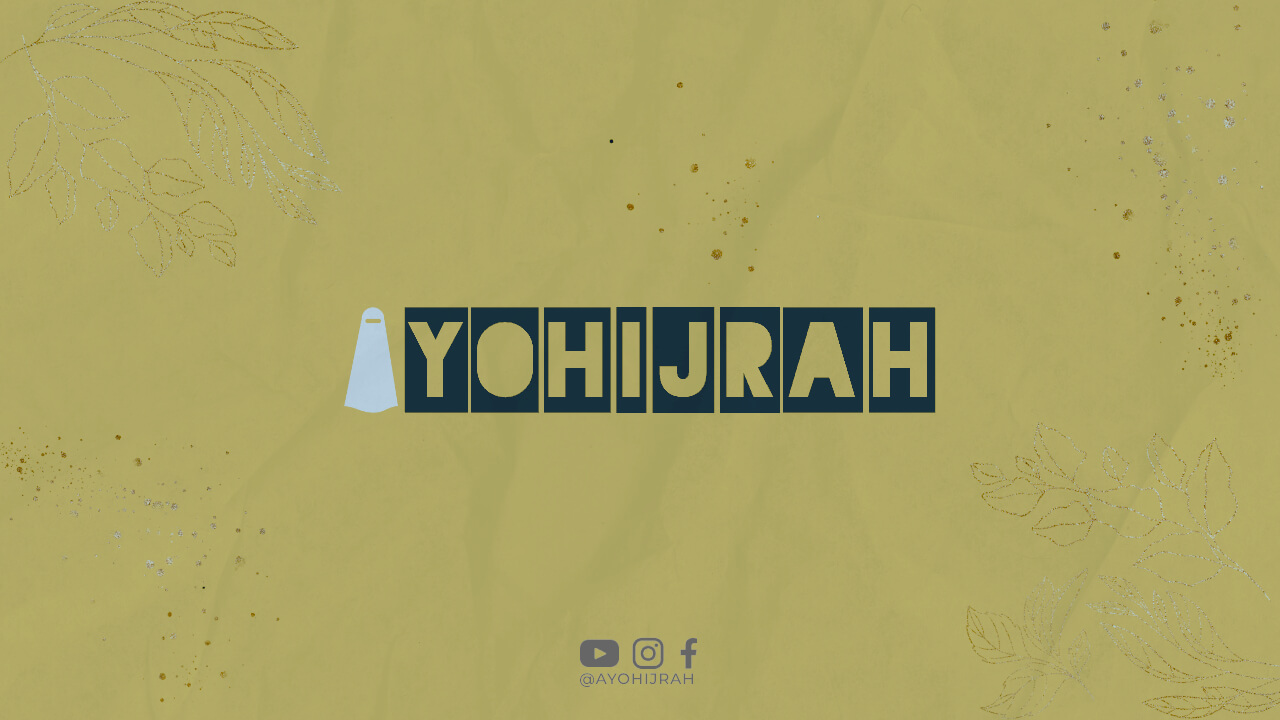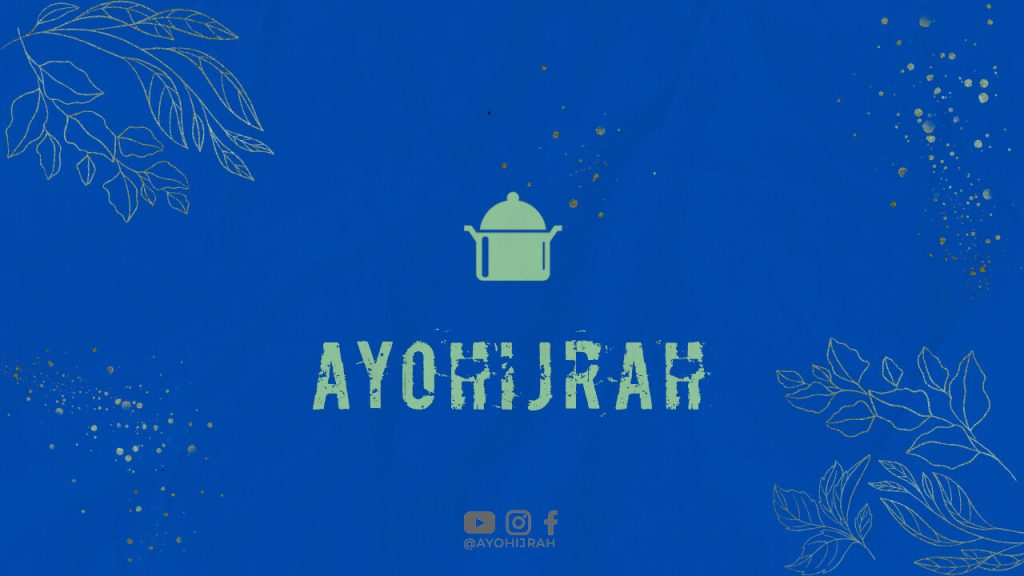Islam teaches us about the importance of having faith in Allah SWT and believing in His supremacy. It also emphasizes the importance of taking action and making effort to achieve our goals. This balance between faith and action is known as tawakal and ikhtiar, and it is a concept that is deeply rooted in the Sunnah of the Prophet Muhammad (SAW).
What is Tawakal?
Tawakal is the act of placing complete trust in Allah SWT and relying on Him for everything in our lives. It is a form of surrendering our will to the will of Allah SWT and accepting that He is the ultimate source of guidance and provision.
In the Quran, tawakal is mentioned numerous times as a source of strength and guidance for believers. For example, in Surah Al-Baqarah, Allah SWT says:
“…And upon Allah rely, if you should be believers.” (2: 122)
Similarly, in Surah At-Talaq, Allah SWT says:
“And whoever relies upon Allah – then He is sufficient for him. Indeed, Allah will accomplish His purpose. Allah has already set for everything a [decreed] extent.” (65: 3)
What is Ikhtiar?
Ikhtiar, on the other hand, is the act of making effort and taking action to achieve our goals. It is the opposite of relying solely on tawakal and expecting things to happen without putting in any effort.
In the Quran, ikhtiar is also emphasized as a source of strength and guidance for believers. For example, in Surah Al-Asr, Allah SWT says:
“By time, Indeed, mankind is in loss, Except for those who have believed and done righteous deeds and advised each other to truth and advised each other to patience.” (103: 1-3)
In this verse, Allah SWT emphasizes the importance of taking action and doing righteous deeds as a means of attaining success in this life and the Hereafter.
The Relationship Between Tawakal and Ikhtiar in the Sunnah of the Prophet Muhammad (SAW)
The Prophet Muhammad (SAW) was the perfect example of the balance between tawakal and ikhtiar. He placed his complete trust in Allah SWT and relied on Him for everything, but at the same time, he made every effort to achieve his goals.
For example, in the Battle of Uhud, the Prophet (SAW) and his companions placed their trust in Allah SWT and relied on Him for victory. However, they also made every effort to prepare for the battle and defend themselves against the enemy.
Similarly, the Prophet (SAW) encouraged his companions to make every effort to earn a living and provide for their families, while at the same time placing their complete trust in Allah SWT for their provision.
In one hadith, the Prophet (SAW) said:
“Tie your camel and trust in Allah.”
This hadith emphasizes the importance of taking action and making effort while at the same time placing our complete trust in Allah SWT.
The Benefits of Balancing Tawakal and Ikhtiar
By balancing tawakal and ikhtiar, we can attain numerous benefits in this life and the Hereafter. Here are some of the benefits:
1. Peace of Mind
By placing our complete trust in Allah SWT and making every effort to achieve our goals, we can attain a sense of peace and tranquility in our hearts. We know that no matter what happens, Allah SWT is in control and will guide us to what is best for us.
2. Success in this Life and the Hereafter
By making every effort to achieve our goals and placing our complete trust in Allah SWT, we can attain success in this life and the Hereafter. We can achieve our worldly goals while also attaining success in the Hereafter by doing righteous deeds and seeking the pleasure of Allah SWT.
3. Protection from Anxiety and Stress
By balancing tawakal and ikhtiar, we can protect ourselves from anxiety and stress. We know that we have done everything in our power to achieve our goals, and we leave the rest to Allah SWT. This can help us remain calm and composed in difficult situations.
Conclusion
The concept of tawakal and ikhtiar is deeply rooted in the Sunnah of the Prophet Muhammad (SAW), and it is an essential part of our faith as Muslims. By balancing tawakal and ikhtiar, we can attain numerous benefits in this life and the Hereafter, including peace of mind, success, and protection from anxiety and stress. Let us strive to follow the example of the Prophet (SAW) and attain this balance in our lives.





